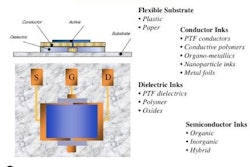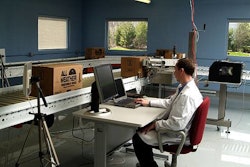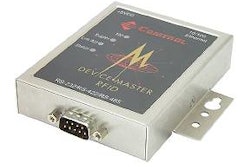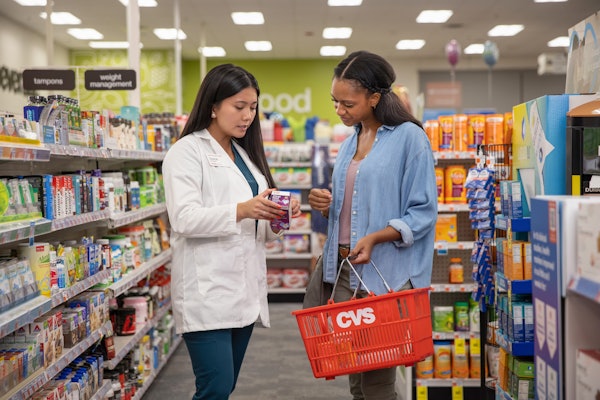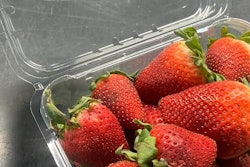InformationWeek published this article online in mid-December, written by Laurie Sullivan.
Good service is nearly as important as good coffee to customer loyalty for Starbucks Corp. But when a delivery guy comes knocking on the back door to drop off muffins, it means baristas may need to leave their countertop posts.
To help solve the problem, the operator of the omnipresent coffeehouses is considering using radio-frequency identification technology as part of a proposed plan to let its 40ꯠ suppliers drop off pastries, milk, coffee beans, and other supplies at night, after stores have closed. But Starbucks wants to make sure delivery people "don't walk out with as much stuff as they dropped off," said Sean Dettloff, partner and asset-protection manager for Starbucks, at an RFID conference last week.
The company may distribute to its suppliers cards with RFID chips that would give delivery people access to stores at night, while recording who's coming and going, Dettloff said.
Ideally, Starbucks' system would let a delivery person insert a plastic card near a store's door. The card would confirm the supplier's identity and disable the burglar alarm. "That's not going to happen tomorrow," Dettloff said. "But you can't get the projects going until you develop these ideas."
Starbucks operates more than 8꼀 stores in 35 countries. Many of its suppliers are regional companies that deliver fresh muffins and pastries to those coffee shops daily.
Starbucks isn't a stranger to RFID technology. The company last year began a pilot using the technology to track cargo containers used to ship coffee in 150-pound bags from Guatemala to ports in Seattle and Tacoma, WA.

